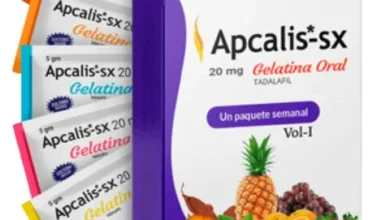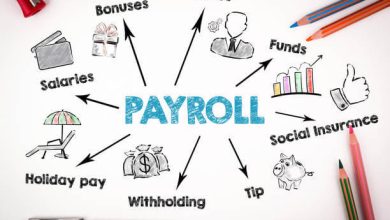Can I Go to Any Doctor to Get a Medical Cannabis Recommendation?

Medical cannabis occupies a sort of no man’s land in terms of day-to-day healthcare. It is not a legitimate prescription medication, so doctors cannot prescribe it like they would an antibiotic. Instead, they recommend it to patients who then buy medical cannabis products and use them as they see fit. But can any doctor make such a recommendation? No.
The states determine how medical cannabis will be regulated within their borders. They also determine who can, and cannot, recommend medical cannabis. The one thing they all have in common is a desire to prevent medical cannabis from becoming a wild west. So the states restrict recommendations.
How It Works in Utah
Utah is an example of a state that seems to have found a good balance between patient needs and regulators desire to keep medical cannabis under control. According to utahmarijuana.org, medical cannabis recommendations are made by:
- Qualified Medical Providers – QMPs are doctors, advanced practice nurses, and orthopedists with prescribing authority in the state. They have undergone a minimum of four hours of continuing education and earned certification from the state.
- Limited Medical Providers – LMPs can be any medical professional with prescribing authority in the state. They have not been certified nor taken any continuing education courses. However, they are limited to just fifteen recommendations.
In theory, a patient could see just about any Utah doctor to get a medical cannabis recommendation. But in practical terms, it doesn’t work that way. LMPs are in short supply and QMPs are concentrated mostly in urban areas. Doctors and advanced practice nurses unwilling to act as QMPs or LMPs cannot recommend medical cannabis.
How It Works in Florida
Florida takes an even more restrictive approach than Utah. In the Sunshine State, only two types of doctors can be certified to recommend medical cannabis: allopathic and osteopathic doctors. Even among these two types of doctors, specific education requirements are in play. The doctors must also complete a two-hour course and pass a state-approved exam before being certified to recommend cannabis.
Both Florida and Utah have written their rules with card mills in mind. What is a card mill? It is a medical clinic that exists exclusively for the sole purpose of helping patients obtain medical cannabis cards. They do not offer any other services as a general rule. Those that do only offer minimal services.
Why It Has to Be This Way
I am not surprised when I hear medical cannabis users express their frustration with how things work. So many don’t understand why things have to be this way. The answer lies in the very fact that card mills exist.
Medical cannabis card mills are proof that clinic operators are not always acting in the best interests of their patients. State lawmakers know this, so they do everything they can to prevent card mills from overrunning the medical cannabis community. One way to do that is to restrict who can actually recommend cannabis.
Another thing to consider is that cannabis is still a controlled substance under federal law. As long as it remains on Schedule I of the Controlled Substances Act (CSA) doctors won’t be able to prescribe it. The only course of action will be recommendations.
Recommendations need to be controlled through state regulations because they are not regulated in any other way. If states did not restrict medical cannabis recommendations the way they do, the card mill problem would be a lot worse than it currently is.
So now you know. You cannot go to just any doctor to get a medical cannabis recommendation.









